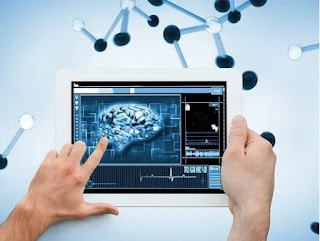Neuropsychological Evaluation for Adults: A Comprehensive Guide
.jpg)
Neuropsychological evaluation for adults is a crucial process that aids in assessing cognitive abilities, emotional functioning, and behavior. This evaluation utilizes a variety of tests and assessments to provide valuable insights into an individual's brain function and overall mental health. In this blog, we delve into the intricacies of neuropsychological evaluation for adults , its importance, the assessment process, and its role in guiding treatment and intervention strategies. Importance of Neuropsychological Evaluation: Neuropsychological evaluation plays a pivotal role in diagnosing and understanding various neurological and psychiatric conditions affecting adults. It helps clinicians to identify cognitive impairments, memory problems, attention deficits, executive functioning issues, and emotional disturbances. This evaluation is precious in cases of traumatic brain injury, stroke, neurodegenerative diseases such as Alzheimer's and Parkinson's, psychiatric disorder
